Halal certification ensures that food, beverages, and other consumables meet Islamic dietary laws as outlined in the Quran. Halal certification is especially vital for businesses aiming to serve Muslim consumers both in the USA and internationally. This certification builds consumer trust, opens new market opportunities, and demonstrates compliance with religious and regulatory requirements.
The purpose of this article is to explain how halal certification works, how to obtain it, what it costs, and why it is a necessary investment for food producers and distributors.
Key Components of Halal Food Certification
What Does Halal Food Certification Cover?
Halal food certification involves a thorough inspection of the entire food production process, from sourcing ingredients to packaging and distribution. Here are the core areas covered:
-
Ingredient Verification: Ensuring all ingredients are halal-compliant (no alcohol, pork, or non-zabiha meat).
-
Processing Methods: Equipment must not be contaminated with haram substances.
-
Packaging: Packaging materials must be safe and not cross-contaminated.
-
Storage and Transportation: Must prevent cross-contact with non-halal products.
-
Personnel Training: Employees must be trained on halal handling protocols.
A certificate is typically issued by a recognized halal certification body following an audit and compliance review.
International Halal Certification and Market Access
Expanding with International Halal Certification
For companies looking to export products to Muslim-majority countries, international halal certification is often mandatory. Certification must meet the importing country’s religious and regulatory standards. Key destinations like Malaysia, Indonesia, and the Gulf countries have strict halal import policies.
To meet international standards:
-
Choose a certification body that is recognized by the target country.
-
Ensure traceability across the supply chain.
-
Align with global halal standards such as GSO 993 (Gulf) and MS 1500:2019 (Malaysia).
Countries such as the UAE and Saudi Arabia maintain official lists of approved foreign halal certifiers. If your certifying body is not listed, your products may be denied entry.
How Much Do Halal Certification Fees Typically Cost?
Breakdown of Halal Certification Fees in the USA
Halal certification fees can vary depending on business size, production scope, number of products, and complexity of the supply chain. Here’s a general idea of the cost structure:
| Service Component | Estimated Cost (USD) |
|---|---|
| Application Review | $250 – $500 (one-time) |
| On-site Audit | $500 – $2,000 |
| Annual Certification Fee | $1,000 – $5,000+ |
| Renewal Audits | $500 – $1,500 per year |
Note:
Prices vary based on certifying agency and whether the certification includes international recognition.
Smaller producers or restaurants may pay lower fees, while manufacturers with multiple facilities and export goals may require more extensive audits and higher costs.
Steps to Obtain Halal Certification in the USA
How to Apply for USA Halal Certification
If you’re preparing to certify your products, here’s a simplified step-by-step overview:
-
Choose a Recognized Certifier
Select a halal certification body approved by domestic and international authorities. -
Submit Application
Provide product details, manufacturing processes, and ingredient lists. -
Facility Audit
The certifier will inspect facilities, review documentation, and assess compliance. -
Training and Process Adjustments
Implement any necessary changes recommended during the audit. -
Issuance of Certificate
Once all standards are met, you receive a halal certificate valid for a specific period (typically 1–2 years). -
Ongoing Monitoring and Renewal
Periodic audits and documentation updates are required to maintain certification.
Why Halal Certification in the USA Is Gaining Importance
Growing Muslim Consumer Base
According to Pew Research, the Muslim population in the U.S. is projected to grow to 8.1 million by 2050. With this growth, demand for halal-certified food is expected to increase significantly.
Boosting Business Credibility and Reach
Halal certification not only helps reach Muslim consumers—it also improves brand transparency and meets ethical food standards. Certified products often appeal to non-Muslim consumers who value religious or clean-label assurance.
Final Thoughts
Securing halal certification in the USA is a strategic decision that helps food producers and manufacturers serve a broader audience and enter global markets. By aligning with halal standards and working with recognized certification bodies, businesses can demonstrate trust, quality, and religious compliance.
For any organization involved in food production or distribution, halal certification is not just a label—it’s a gateway to growth, credibility, and international trade.
Read more exciting news on letmagzine.com
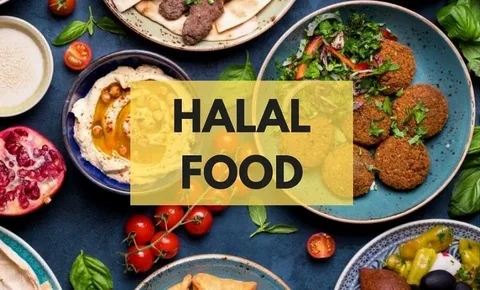
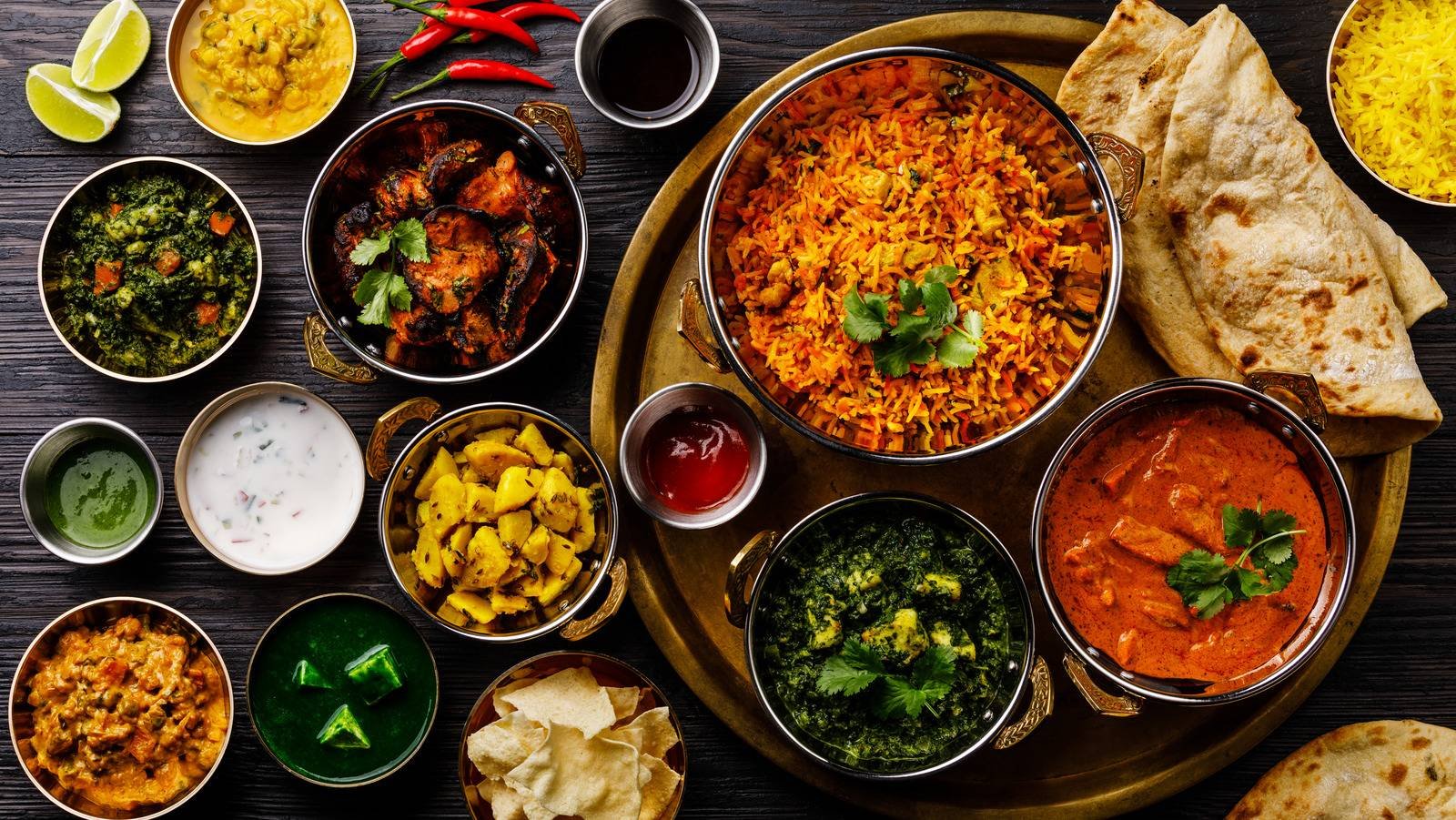






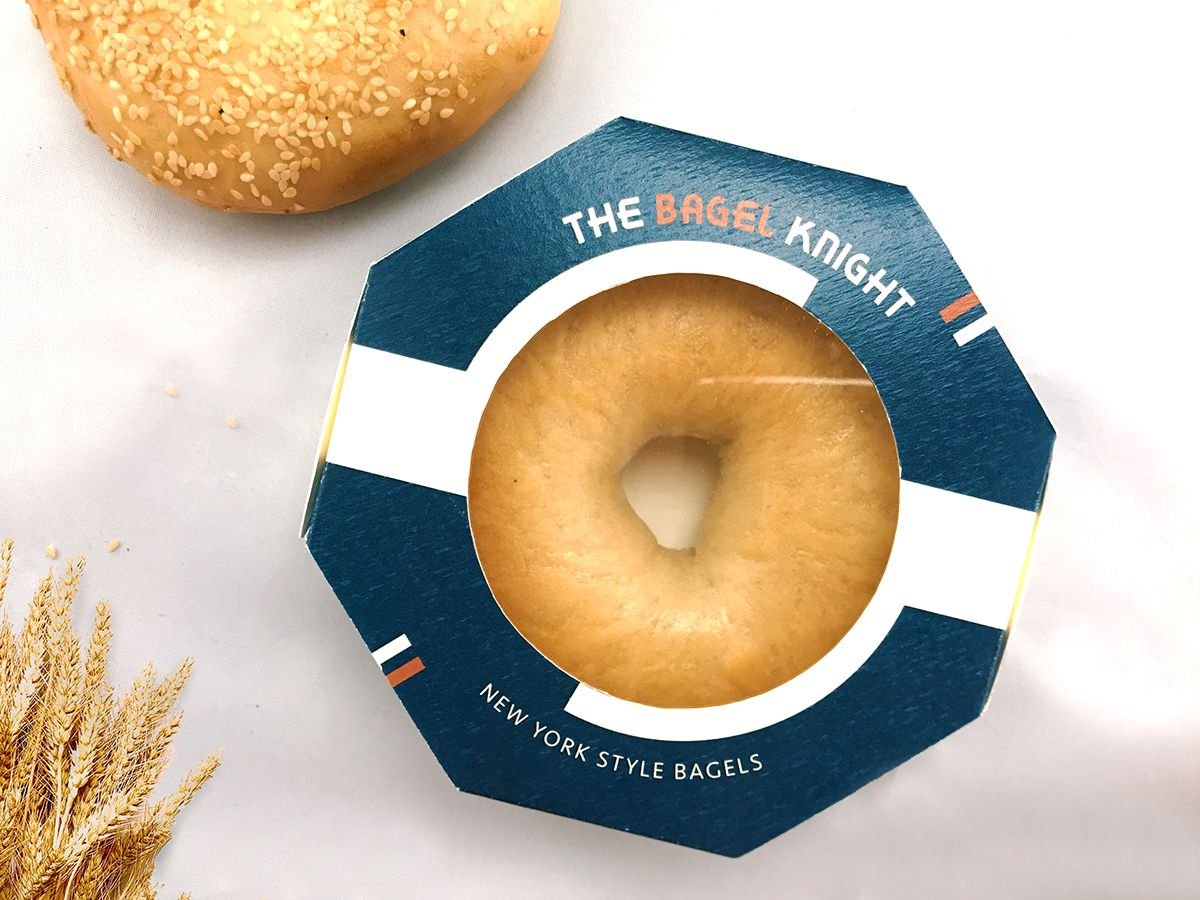
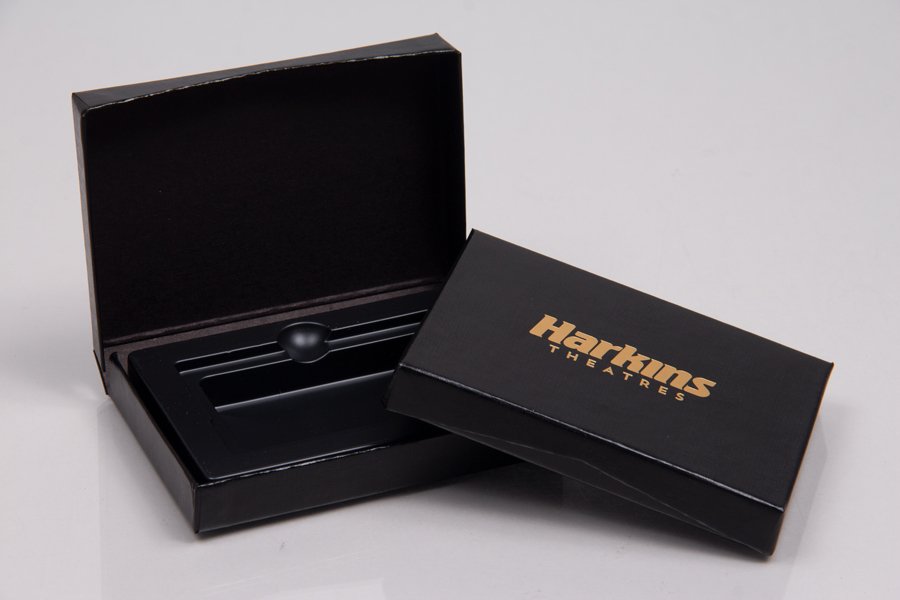

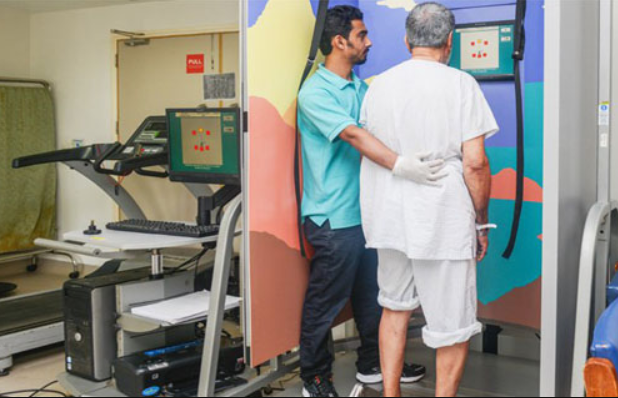
Leave a Reply